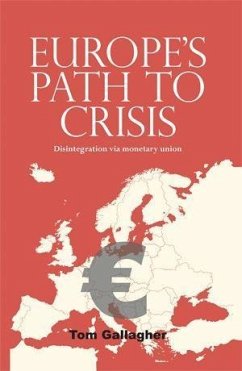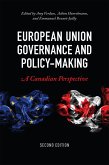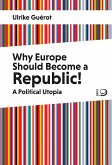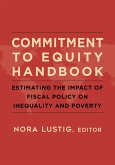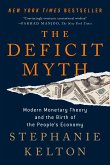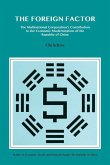A deeply flawed currency union has plunged Europe into its biggest crisis since the Second World War. The Euro was the brainchild of political leaders impatient to speed up the journey towards a united Europe. Countries with contrasting economic conditions and needs ceded key financial decisions to European institutions. Since 2008 defective crisis management has ignited divisions between north and south, creditor and debtor countries, and between countries inside and outside the Eurozone. This book offers a rare multi-dimensional appraisal of the crisis. It examines high-level decisions, the core national and economic interests shaping them, and the impact on millions of citizens. It shows that many of the current difficulties of the EU are rooted in much longer-term decision-making. Over sixty years, the architects of the EU impeded a genuine European partnership, one firmly grounded in democratic values and a desire to co-exist with a national outlook. Re-designing the architecture of a transnational Europe has preoccupied EU elites as the crisis has raged. There is no appetite for reviewing the failures, biases, and broad choices taken by the EU. The author defends an orderly retreat from the existing model of monetary union. It needs to be revamped in order to enable countries enduring a prolonged slump to recover. EU chiefs should also shelve their campaign to undo the nation-state and treat it instead as a partner in a common emergency that needs to be overcome. This jargon-free, insightful and long-term analysis of a dangerous crisis is an invaluable book for academics and students alike. It is also an effective tool for policy-makers, citizens and business people who require an accessible and in-depth appraisal of a continuing catastrophe.

